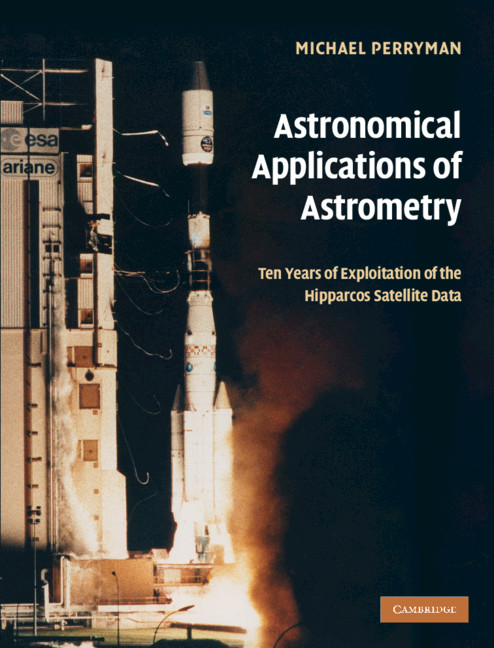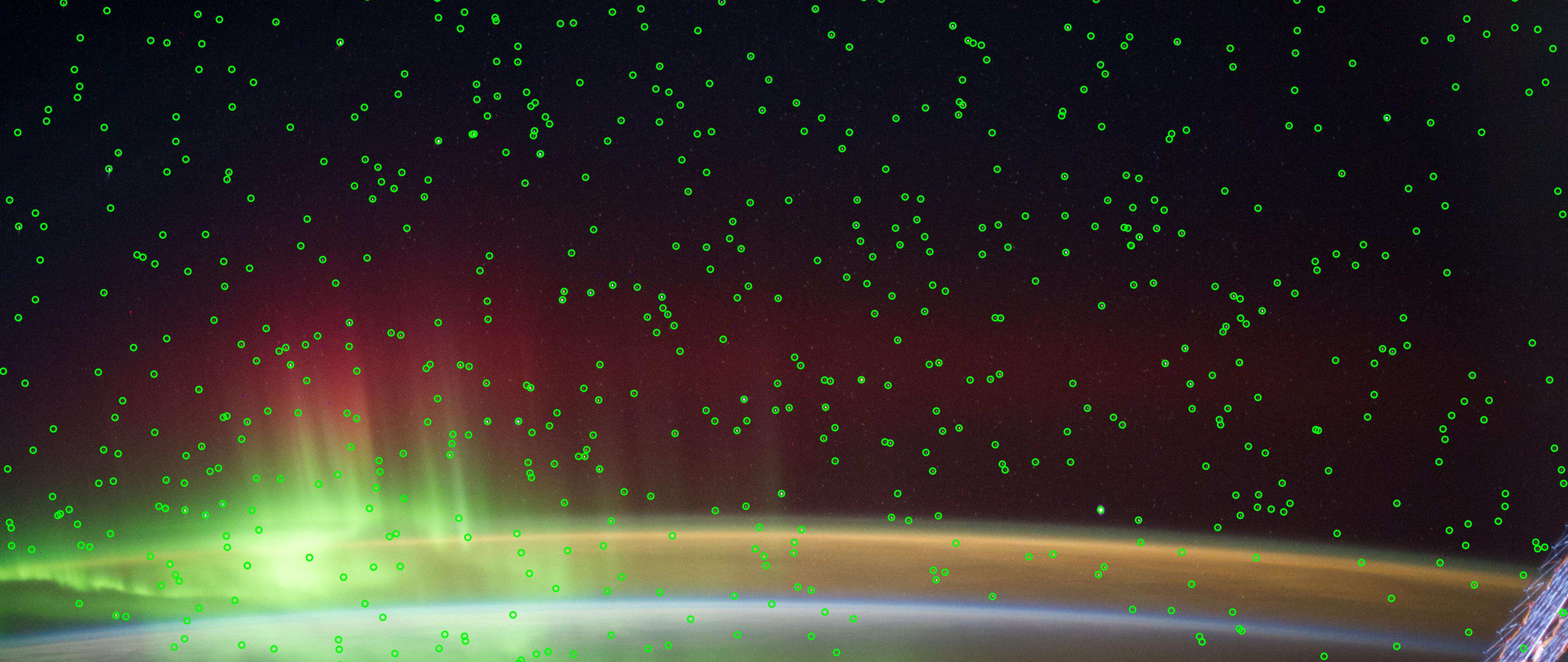
The core library is written in C++, with bindings to allow use from C#, Java, Perl, PHP, Python, Ruby, and Tcl. It supports probabilistic ranking and a rich set of boolean query operators.

It's used by many organizations around the world, including Debian, Ubuntu, One Laptop per Child, and the Gmane mailing list archive. Xapian is a Search Engine Library which aims to be fast, scalable, and flexible. Hogg (NYU) & Dustin Lang (Princeton), Organization Administrators This sets us up for some qualitatively new kinds of citizen science.īy David W. With Carlos and Kevin's help, is going from a set of static web pages to a user-generated, interactive community site that is inviting and easy to use. They have re-built our web presence from the ground up and created an integrated API for interfacing with other services, like flickr, where we run on user-submitted images. Carlos and Kevin know a lot more about coding for the web than we do at headquarters (we are astronomers, not coders), so they are making our user experience and our system far better than we ever could have without them.
#Google groups astrometry install#
This site is powered by our core code which can be downloaded and run anywhere, but is accessible to casual users and those who don't want to install the core code. Our Google Summer of Code students, Kevin Chen and Carlos Lalimarmo, are building an image processing and sharing web site where astronomers can process images, share data, use our code, and learn from one another. That means amateur astronomical images taken in backyards and historical images gathering dust in library archives can be used to make novel astronomical discoveries. This is not just a cool trick, it makes citizen scientist and badly calibrated astronomical imaging useful for science. If you have a photograph of the night sky, can identify the constellations, stars and galaxies in the picture. After eliminating some long-standing issues with our build infrastructure, Ben Webb has automated the creation of Arch, Debian, Fedora, and Ubuntu packages, and is working towards automating the creation of LiveCDs and virtual machines to help with advocacy and testing.īy Dan Scott, Organization Co-Administrator for EvergreenĪ is a computer vision system that takes as input arbitrary images-snapshot, amateur astronomer, or professional-of the night sky, and returns precise meta-data about where those images are located in the sky, and the identities of the astronomical objects visible in those images. Evergreen is currently distributed only as a tarball, requiring administrators to go through the standard configure / make / make install cycle. Joseph Lewis has made use of online usability testing in his quest to improve the the experience of Evergreen administrators. Evergreen's flexibility as a system that can be used by a consortium of hundreds of libraries or just a single library by itself has come at a price, as hundreds of configuration options were added over time, but the usability for Evergreen administrators has not kept pace.

A kinder, gentler configuration user interface.


We were delighted to have two Google Summer of Code students join us in this, our first year in the Google Summer of Code program, as their projects are addressing two of the major pain points with Evergreen: The first version of Evergreen was released in 2006: today almost 1000 libraries across the United States, Canada and many other countries run Evergreen. In 2004, the Georgia Public Library Service chose to build an open source solution to satisfy their need for a scalable catalog shared by approximately 285 public libraries in the state of Georgia. The Evergreen library system provides a public catalog interface for libraries and manages library operations such as circulation (checkouts and checkins), acquisition of library materials, and sharing resources among groups of libraries. This time organization administrators from Evergreen, and Xapian give more insight into their projects and discuss some of the tasks their students are working on this summer. Every Friday all summer long we have spotlighted three or four new organizations participating in Google Summer of Code.


 0 kommentar(er)
0 kommentar(er)
